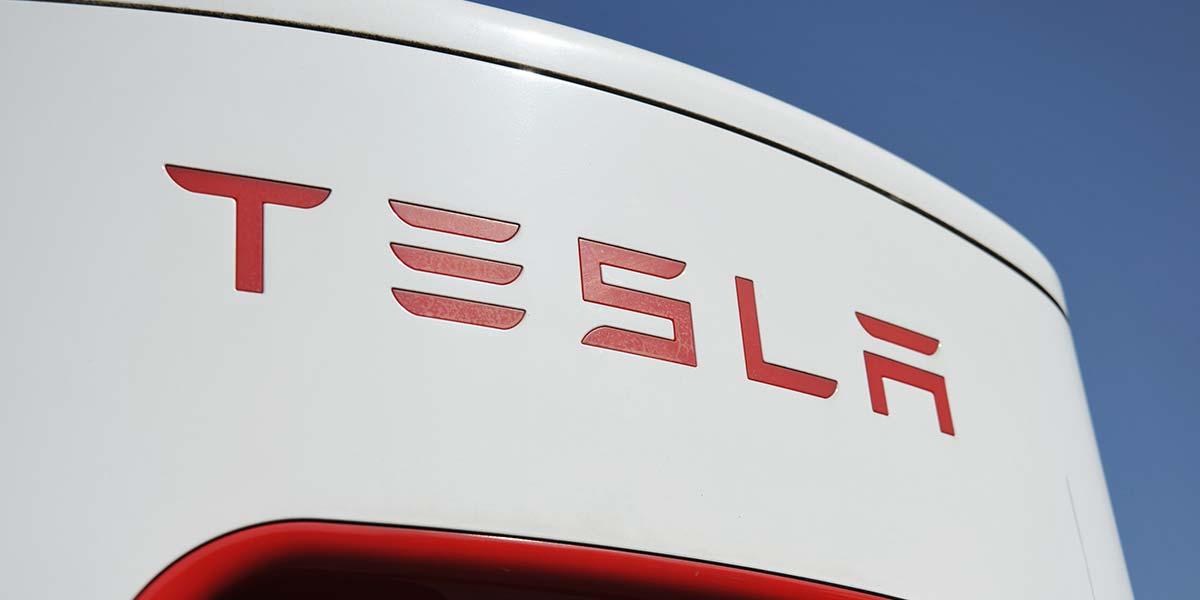Tesla’s deliveries slipped for a second consecutive quarter, fueling concerns that the EV juggernaut is on track for another year of annual sales contraction unless it can muster a sharp turnaround in the back half of 2025.
The company attributed the weaker figures to softer demand—an issue compounded by CEO Elon Musk’s outspoken political affiliations and an aging product portfolio that appears to be losing its allure in a crowded market.
Quarterly figures released Wednesday revealed a 13.5% year-on-year drop in global deliveries, falling short of Wall Street estimates and marking a new chapter in the electric vehicle leader’s struggles.
The latest numbers show Tesla delivered 384,122 vehicles in the quarter ended June 30, compared to 443,956 a year prior—but up 14% sequentially from 1Q25.
Forecasts compiled by Visible Alpha pegged consensus expectations at 394,378, with some analysts bracing for figures as low as 360,080. The pace of decline has eased, offering hope that a turnaround could be near if momentum is sustained into the second half, said Sandeep Rao, senior researcher at Leverage Shares.
To stave off a full-year decline, Tesla must move over a million units by year-end—an increasingly ambitious target, analysts warn, given the clouds of regulatory uncertainty and possible cuts to U.S. EV incentives on the horizon should the Trump administration’s proposed tax reforms advance.
Notably, Tesla’s quarter wasn’t entirely bleak. Shares spiked 4.5% on the day, as the decline was less severe than many feared, buoyed in part by a modest recent rebound in China, where a facelifted Model Y garnered improved traction. Yet, enthusiasm remains measured.
Until there is a consistent recovery in demand, it’s hard to get overly optimistic, mused Shawn Campbell, adviser at Camelthorn Investments.
Tesla has tried to stoke demand with aggressive retail offers, such as low-rate loans, but has yet to deliver on promises of rolling out an affordable new model. Plans to launch a cheaper version, likely a more basic Model Y, have been delayed, Reuters reported, further narrowing Tesla’s strategic options as nimble Chinese rivals chip away at market share.
The political landscape has grown thornier for Tesla as well, with an escalating war of words between Musk and Donald Trump over tax incentives raising the risk of regulatory and consumer backlash—particularly in the U.S. and Europe, where Musk’s political leanings previously dampened demand.
Tesla did notch a win in China, breaking an eight-month sales skid in June thanks to the reopened appeal of the Model Y. Some analysts attribute the rebound to Tesla’s premium reputation, contrasted with controversies around Chinese competitors selling “zero-mileage” used vehicles as new.
The Model Y also saw renewed interest in European markets such as Norway and Spain, partially recouping ground lost amidst fallout from Musk’s controversial politics.





